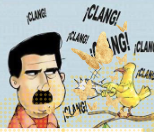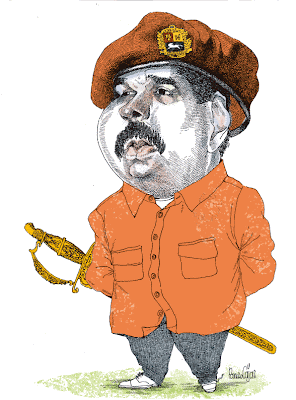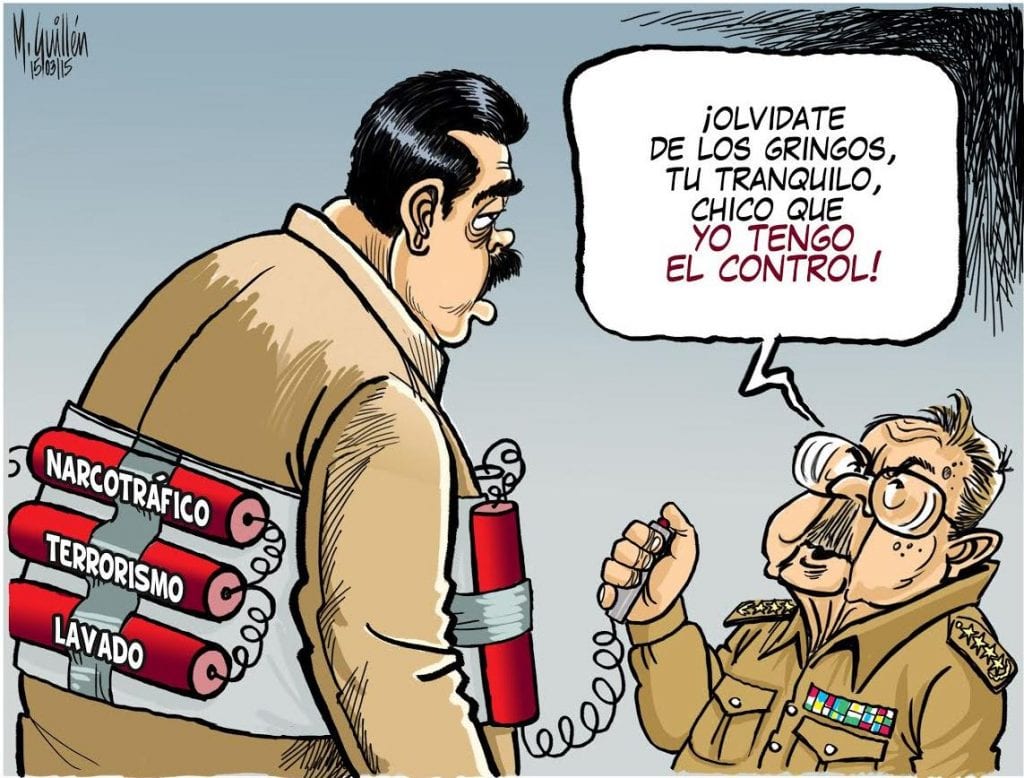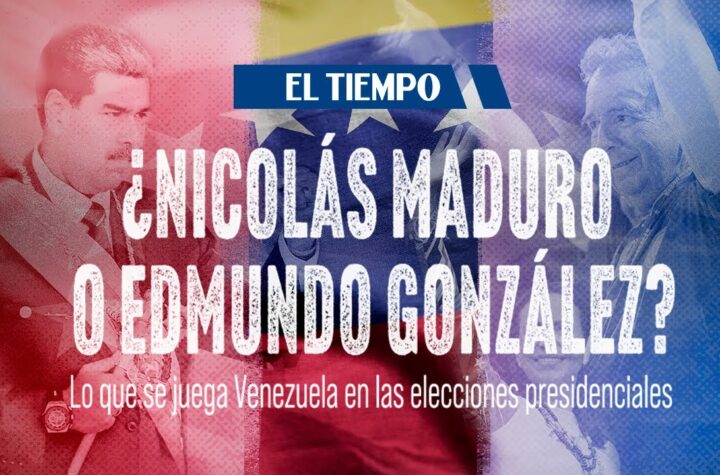
Retrieved
Venezuela’s upcoming presidential election, set for July 28, could potentially end President Nicolas Maduro’s regime if the opposition candidate, Edmundo Gonzalez Urrutia, secures a victory. However, doubts remain about whether Maduro will honor such an outcome, given his control over various instruments of power, including the military. The Venezuelan military, a crucial pillar of Maduro’s administration, is faced with a significant decision: to uphold democratic principles or continue supporting Maduro. Despite the military’s historical loyalty, there are compelling reasons to believe they may not stand by Maduro as steadfastly as in the past due to issues such as declining morale, desertions, and increasingly complex relations with armed groups. The system of clientelism and loyalty enforced within the military could be weakening, and there are signs that even regime supporters may defect at the polls. Observing historical precedents from Brazil and Chile, there could be a shift in military allegiance favoring democratic transition. Maduro and his allies have publicly acknowledged the uncertainties ahead and expressed willingness to negotiate post-election, potentially setting the stage for a peaceful transfer of power. The Venezuelan military faces significant challenges that could influence their support for Maduro’s regime. Unlike after the 2018 election, current conditions expose deep issues within the armed forces, including low morale and increased desertions. The military’s uneasy relationships with internal armed groups, intensified since the COVID-19 pandemic, add to their difficulties. Although the military has combated criminal gangs, operations have been brutal and ineffective, burdening lower-ranking soldiers. Moreover, Venezuelan authorities have formed a tenuous coexistence with Colombian insurgent groups such as the ELN, which operates within Venezuela and cooperates in some governance functions. Conversely, ex-FARC factions pose a direct threat by kidnapping Venezuelan soldiers, exposing the military’s vulnerabilities. Despite pressures to support the regime, military personnel may defect, influenced by the PSUV’s strained clientelist model and expanded polling stations designed to complicate election oversight. Historical precedents such as the 1989 Caracazo suggest potential fractures within the military structure. Acknowledging these uncertainties, Maduro proposes national dialogue and negotiations with the U.S. to mitigate further crises. Ultimately, serving under impartial leadership that respects democratic choices may appeal to the military, drawing lessons from Brazil and Chile’s experiences. Original text by Kristina Mani, published in -> MicrosoftStar





More Stories
Venezuela, elecciones entre pajaritos y mariposas
Maduro seeks to bolster military support ahead of next election
¿Qué hará Cuba el 28 de julio?